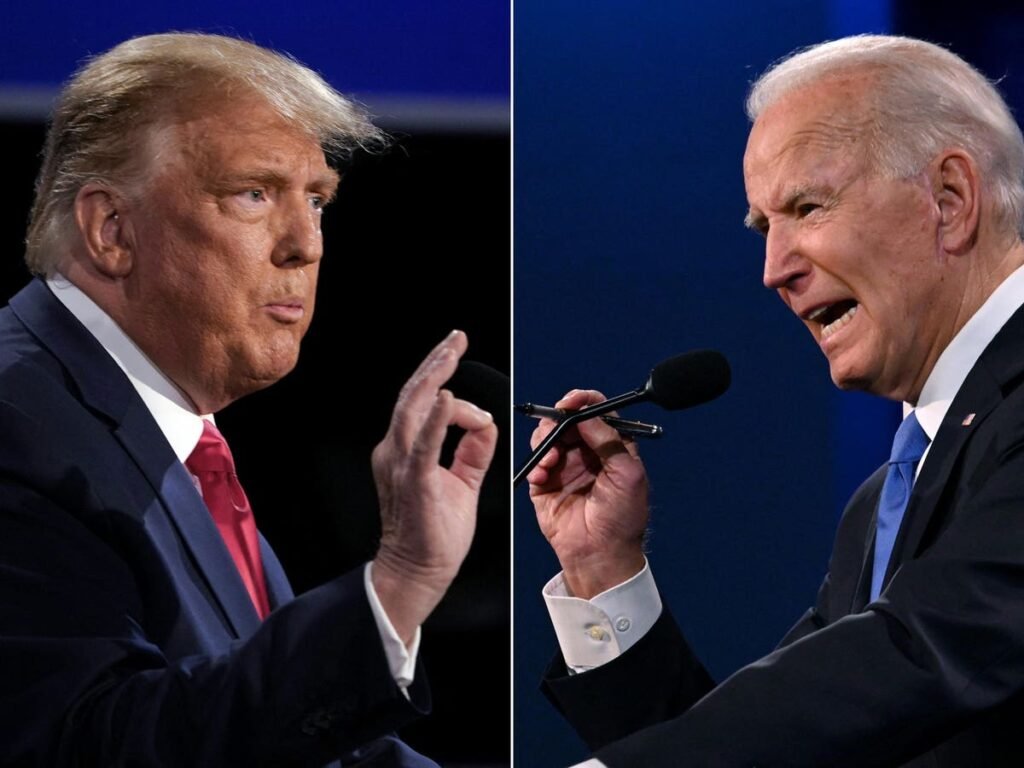As the 2024 U.S. presidential election approaches, there is a growing focus on voters who may base their decision on the candidates’ digital asset policies. Former President Donald Trump is actively trying to appeal to this demographic, recently calling for all remaining Bitcoin to be made in the USA on his Truth Social platform. Trump is even considering attending the Bitcoin 2024 convention in Nashville at the end of July. This shift in his stance on cryptocurrencies has garnered support from the crypto community, who often felt alienated by the Biden administration.
In contrast, President Joe Biden has taken a more skeptical approach towards the digital asset industry. Many of his regulators, particularly Gary Gensler from the Securities and Exchange Commission, are viewed as being against digital assets. If Biden were to win a second term, it would likely mean continued skepticism and enforcement actions against the industry. This has pushed many cryptocurrency supporters towards Trump, who is presenting himself as a more crypto-friendly candidate.
While Trump’s efforts to court crypto voters may prove beneficial, the question remains whether this strategy will pay off in the November election. A poll commissioned by the Blockchain Association found that 20% of voters in battleground states consider cryptocurrency a major issue in the 2024 election. However, there is skepticism as to whether this group will ultimately determine the outcome, as the number of voters solely focused on candidates’ crypto policies may be overstated.
Analyzing the demographics of cryptocurrency users, political scientist Grant Ferguson found that their profiles align with swing voters. However, swing states like Michigan, Pennsylvania, and Wisconsin have lower rates of crypto adoption compared to the national average. These states are crucial for the election, with those like Michigan, Pennsylvania, and Wisconsin often serving as tipping points. Therefore, the electoral value of crypto voters in these states may not be as significant compared to other swing voter groups.
Despite the uncertainty of the impact of digital asset policies on the election outcome, there is potential for the industry to benefit regardless of who wins. Republicans generally have a more favorable view towards the digital asset industry and have been more supportive of legislation to promote its adoption. A Republican victory would likely lead to regulatory clarity for the industry, even though passing legislation through Congress may still pose challenges. Overall, while crypto policy may not be the deciding factor in the 2024 election, it could still be a winning issue for both parties.

